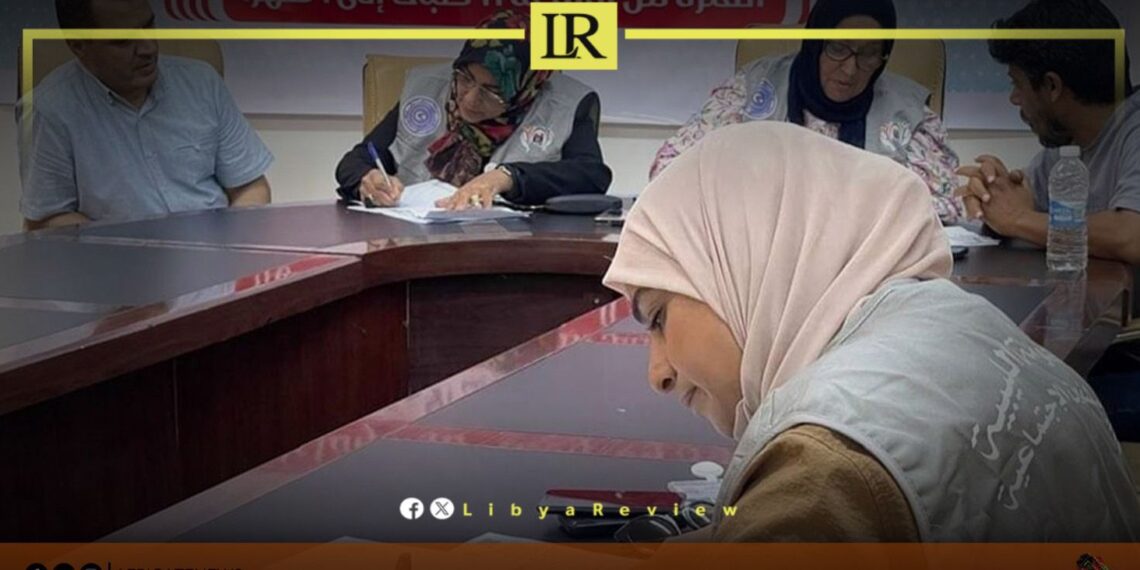The Social Research Committee for the Displaced Persons from the Western Region, established by a decision from the Ministry of Social Affairs of the Libyan government, has begun receiving the targeted individuals at the ministry’s headquarters in Benghazi.
The purpose is to fill out forms and update data to register families in order to provide necessary services and grant rental allowances.
The committee includes members from Social Affairs, including Ead Al-Faidi and Haitham Al-Ammami, along with several social researchers such as Suhair Al-Miqrahi, Sheem Boufana, and Khairiya Al-Farjani.
Earlier, the Minister of Social Affairs emphasized the need to register all displaced families and directed the committee to conduct field follow-ups to verify the submitted data.
Libya has been in chaos since a NATO-backed uprising toppled longtime leader Muammar Gaddafi in 2011. The county has for years been split between rival administrations.
Libya’s economy, heavily reliant on oil, has suffered due to the ongoing conflict. The instability has led to fluctuations in oil production and prices, impacting the global oil market and Libya’s economy.
The conflict has led to a significant humanitarian crisis in Libya, with thousands of people killed, and many more displaced. Migrants and refugees using Libya as a transit point to Europe have also faced dire conditions.
The planned elections for December 2021 were delayed due to disagreements over election laws and the eligibility of certain candidates. This delay has raised concerns about the feasibility of a peaceful political transition.
Despite the ceasefire, security remains a significant concern with sporadic fighting and the presence of mercenaries and foreign fighters. The unification of the military and the removal of foreign forces are crucial challenges.


